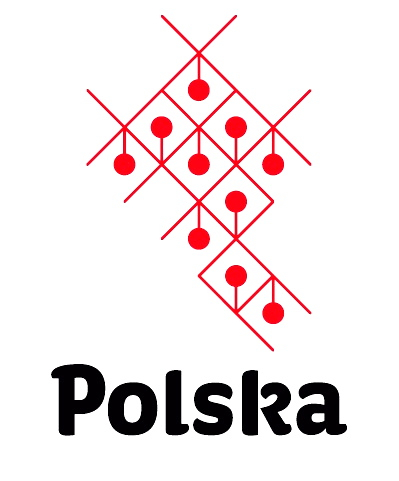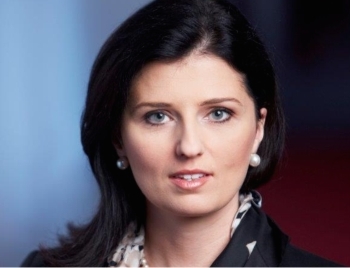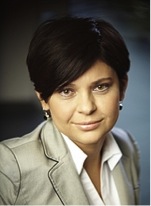By
Paul Chen
So
Y Combinator has organized an one semester course in StanfordUniversity called „How to Start a Startup” (CS183B). It started
last week and will continue until the beginning of December. It has
been met with much praise from the global startup community. Startup
communities all over the world are orgainzing viewings including here
in Krakow. However, in order to add value to the viewings, it is
essential to have these elements in place.
- A studious viewing room
It
cannot be too comfortable. Couches are discouraged. Remember, it
is an educational occasion. The viewing should be taken seriously.
A classroom or a open space at a coworking space is optimal.
- A proactive host
This
could make or break the viewing. The job of the host is not only to
organize the space, but to make sure the event is successful and that
the attendees took something away from it. It might sound
counterintuitive, but it might not be a good idea to show the
lectures as soon as it becomes available online. The host should
take some time to view the lectures once or twice to come up with
discussion topics, and a list of questions on each topics for the
attendees to talk about. Remember, because it is online, people can
just watch it at home in their pajamas. If you want them to put on
pants and leave the house, you need to add value to the experience.
The discussion adds plenty of value. The host should have a strong
and commanding personality to be able to control the flow of the
event.
- Startup founders
It
would be valuable to the discussion to have startup founders from
your community to share their experiences and add comments to what
the lecturers have said. They can share valuable insights about
product and business development, hiring, execution, and fund
raising.
- If available, Y Combinator alums
Here
in Krakow, we are lucky to have two YC alums in Estimote and
Applicake. With over 700 funded companies, chances are your
community might have a YC alum too. It would be invaluable to invite
members of their senior staff, and if you are lucky, a founder to
give you a behind the scenes insight. They went through it, here is
your chance to live vicariously through them, even if it is
retroactive.
- Local VC and/or angel investors
As
a startup, you will be knocking at a VC or angel investors' doors at
some time. It is nice to get their opinions about that the guest
lecturers have said. The viewing provides them with a point of
reference to share their experience and a window into how they make
decisions.
- Don't watch it all the way through in one shot
Unless
you are lucky enough to be sitting in the classroom when Sam Altman
or Paul Graham is lecturing, you have the option to pause the video,
use it! As a good host, if you did what was recommended in #2, you
would know when is a good time to stop the video and have a
discussion. Discussions are a valuable tool to make important points
stick in people's minds. And it adds perspective. This is when the
VIP guest have an opportunity to share their insights and experience.
From what we saw from the first two lectures, they are chock full of
knowledge. There are too many bits of valuable knowledge to watch it
in one shot. You will be overwhelmed. However, by pausing and
discussing, it gives the audiences' brains a chance to digest the
message.
- Mini group discussions
Rather
than have a whole group discussion if the group is lager than 5, if
say your viewing group is larger than 10, break the big group into
mini groups of 2 or 3. Then more people will have a chance to talk
in depth about the topic when the videos are paused and after the VIP
shares his insights.
- Food, tea and coffee
Since
this is a cerebral exercise, your brain needs energy. Refreshments
are important to break the ice. If you can get sponsorship for
pizza or beer, that would be great. If not, chips, popcorn, soda,
juice, coffee, and tea should suffice.
- Networking time
As
with any good startup event, a chance to network after the lectures
is important for attendees to make meaningful business connections.
I
believe with these in place, a startup community can benefit greatly
from their viewing sessions of this great opportunity to hear from
the giants in the global startup community.
I
can see that there is a marked difference between the first and the
second lectures. Sam Altman took time to answer questions. My
personal feeling is that Y Combinator should remember that they are
doing an university course now. It is not like a conference keynote,
where it is a monologue. In most good university courses, there is a
dialogue between the students and the one on the stage. Modern
education methods are those that the teacher would draw the knowledge
from the students using discussion rather than just showing how great
and smart they are. I understand it could be an one-off thing, but
still if it is an educational exercise, good modern education
methodology should be implemented. I can imagine that if it is a
success, it could become a normal part of Stanford's course
offerings.













